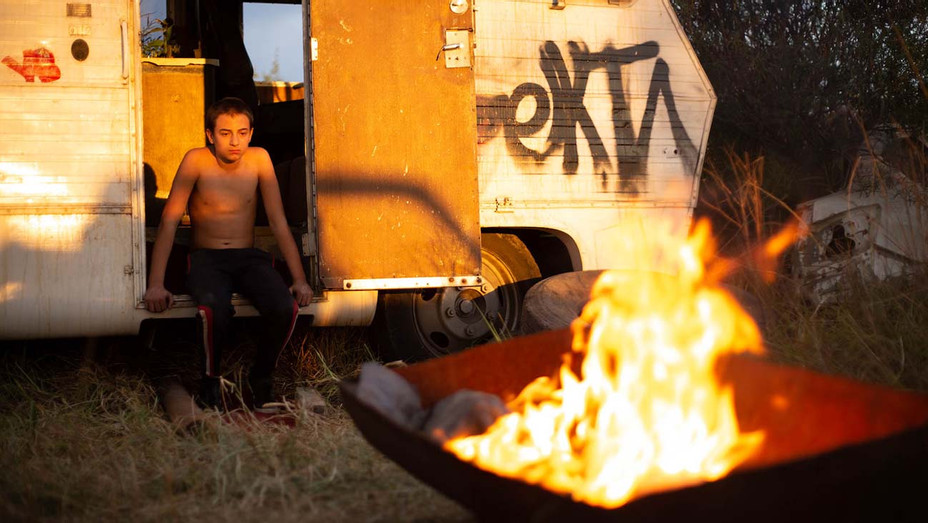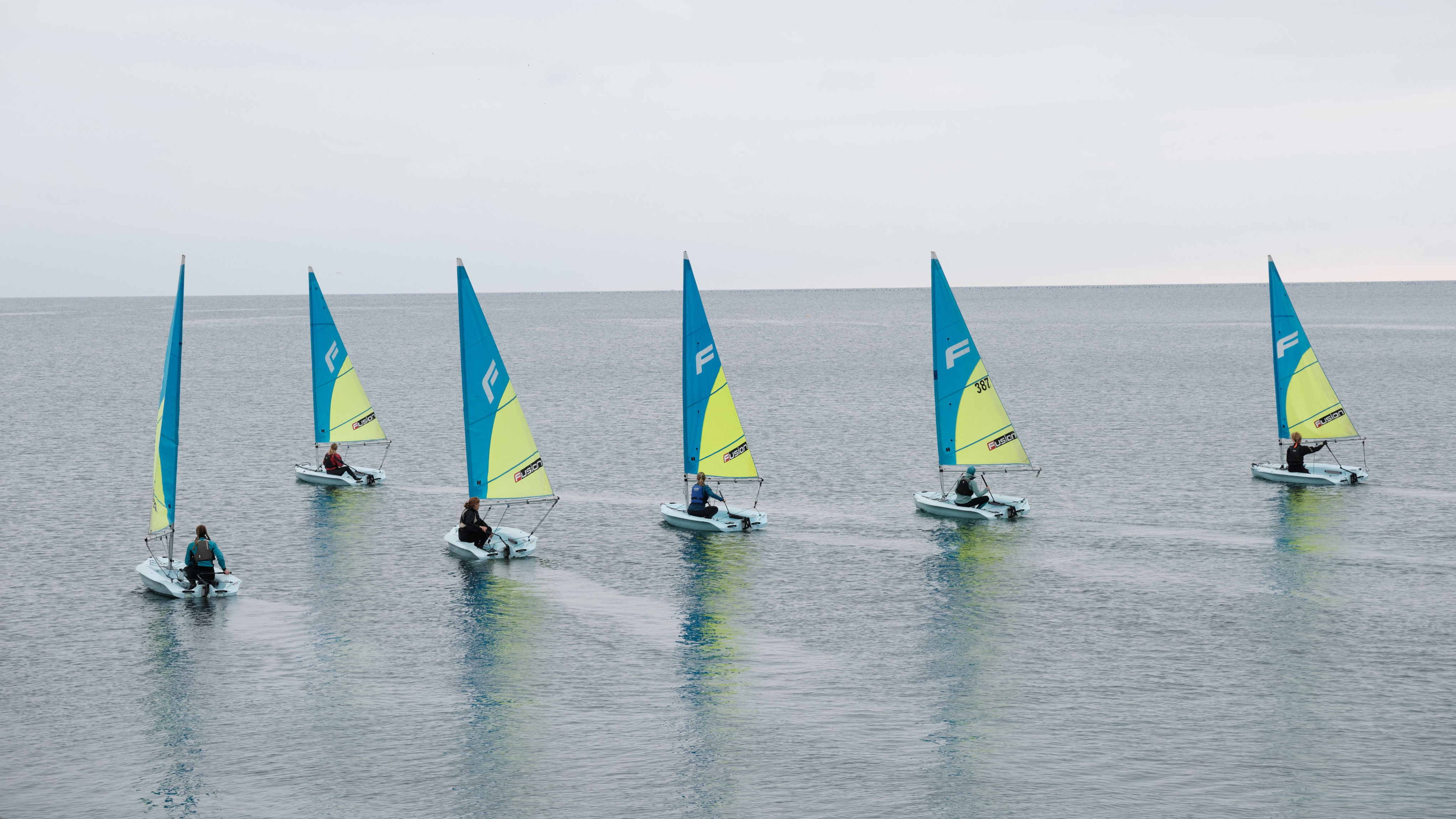What to Watch Verdict
Summer White is an emotional coming-of-age story with a simple premise, but immense empathy. It transports you back to the warmth of childhood and the struggle of making sense of the world.
Pros
- +
🔥 Empathetic character study.
- +
🔥 Perfectly captures the messiness of childhood anguish.
- +
🔥 Simple coming-of-age premise with powerful emotional resonance.
Cons
- -
🔥 The pacing may be tough for those that prefer plot-driven narratives.
Summer White (Blanco de Verano) begins with the click of a lighter. A bright flame flickers on screen, spreading an ominous warmth and providing our first look at young protagonist Rodrigo (Adrián Rossi). The darkness surrounding him is warded off by the light he keeps close to his chest, but maybe more so by the safety of his mother’s bedroom; to forget about the nightmare that woke him, he joins his mother (Sophie Alexander-Ka) in bed, her presence more than enough to settle his unrest. This scene, like the film to follow, is emotionally potent and achingly recognizable in the way that the best coming-of-ages movies always are. Whatever the specifics of Rodrigo’s life, his emotional journey is strikingly familiar.
Rodrigo’s relationship with his mother lives at the center of the film. A solitary teenager who keeps to himself at school, he takes comfort in the ease of his homelife where he and his mother are completely in sync. They dance around the living room to songs that they make their own; even when teaching her son to lead, Valeria offers Rodrigo much appreciated guidance. And though her love for him never wavers, their household begins to shift when she starts dating Fernando (Fabian Corres). Despite the kindness he offers, his presence and their budding relationship alter the details of Rodrigo’s life. As the changes settle in, it's clear that he feels distant from his mother and ties his frustrations to Fernando. Though this narrative of overcoming resentment towards a parent’s significant other is nothing new, Summer White has an innate authenticity to it.
The film perfectly captures the terrifying, overwhelming nature of emotion in youth — when you can hardly process, let alone articulate your own feelings. In true childhood fashion, Rodrigo is unable to take change in stride. Every disruption shifts the earth beneath his feet, setting everything off balance. Unable to cope, he has a tendency to find destructive outlets. At an abandoned junkyard, Rodrigo frequently releases his anger in a very tangible way. But when this isn’t enough, he finds new ways to lash out at the world, often exacerbating his obstacles without realizing. In lashing out, he makes enemies where there are none and distances himself from those trying to help.
Late in the film, Fernando offers Rodrigo a warning: “don’t do everything fast,” he tells him. As many teenagers do, Rodrigo finds himself stuck between youth and ever-looming adulthood. In many ways, he clings to the status quo, longing for things to be as they were. At the same time, he tries to make leaps forward, playing at adulthood, learning to drive and mimicking his mother’s smoking habit. Yet, despite the hard furrow of his brow and cigarette often tucked between his lips, Rossi captures a vulnerability in Rodrigo that is utterly childish. He often acts in blazes of passion, without much forethought. Fire serves as a prominent motif in the film, directly tied to Rodrigo as he attempts to make sense of his feelings. Much like his complex emotional state, the fires have a tendency to flash brightly before slowly fizzling out.
Almost disinterested in its own plot, Summer White opts to focus on Rodrigo’s emotional exploration and the tangibility of his response to distress. The slow-burn pacing may not suit those with a preference for plot-driven stories, but highlights the talent of the filmmaker and resonance of the story. Director Rodrigo Ruiz Patterson crafts a film that lives in the depths of what will later be hazy childhood memories — sticky, sunscreen slathered and reeking of cigarette smoke. We are immersed in the haze of Rodrigo’s mind and his often clouded judgement. As the jagged edges of childhood and the intensity of his emotions slowly consume the world around him, the audience is left to empathize with his internal struggle.
The realism that lives in everything — from the cinematography to the narrative itself — is the film's crowning achievement. Realistic and restrained, Summer White builds tension within emotion. It feels true in its most minute details, in the pacing, atmosphere and often unspoken exchanges. The flickering light of fire that began the film breathed life into Rodrigo’s story - as the film ends, this flickering fire returns to mind. Inseparable from Rodrigo, fire is destructive in nature but with a certain beauty and potential for goodness.











